Cette semaine, nous abordons un sujet sensible et encore trop souvent tabou. Perdre un enfant, qu’importe son stade de grossesse, est une lourde épreuve pour les parents. Talia est une maman et membre fidèle de la communauté qui a trouvé aujourd’hui le courage de partager son histoire et mettre des mots sur l’indescriptible : la perte d’un bébé à 34 SA de grossesse.
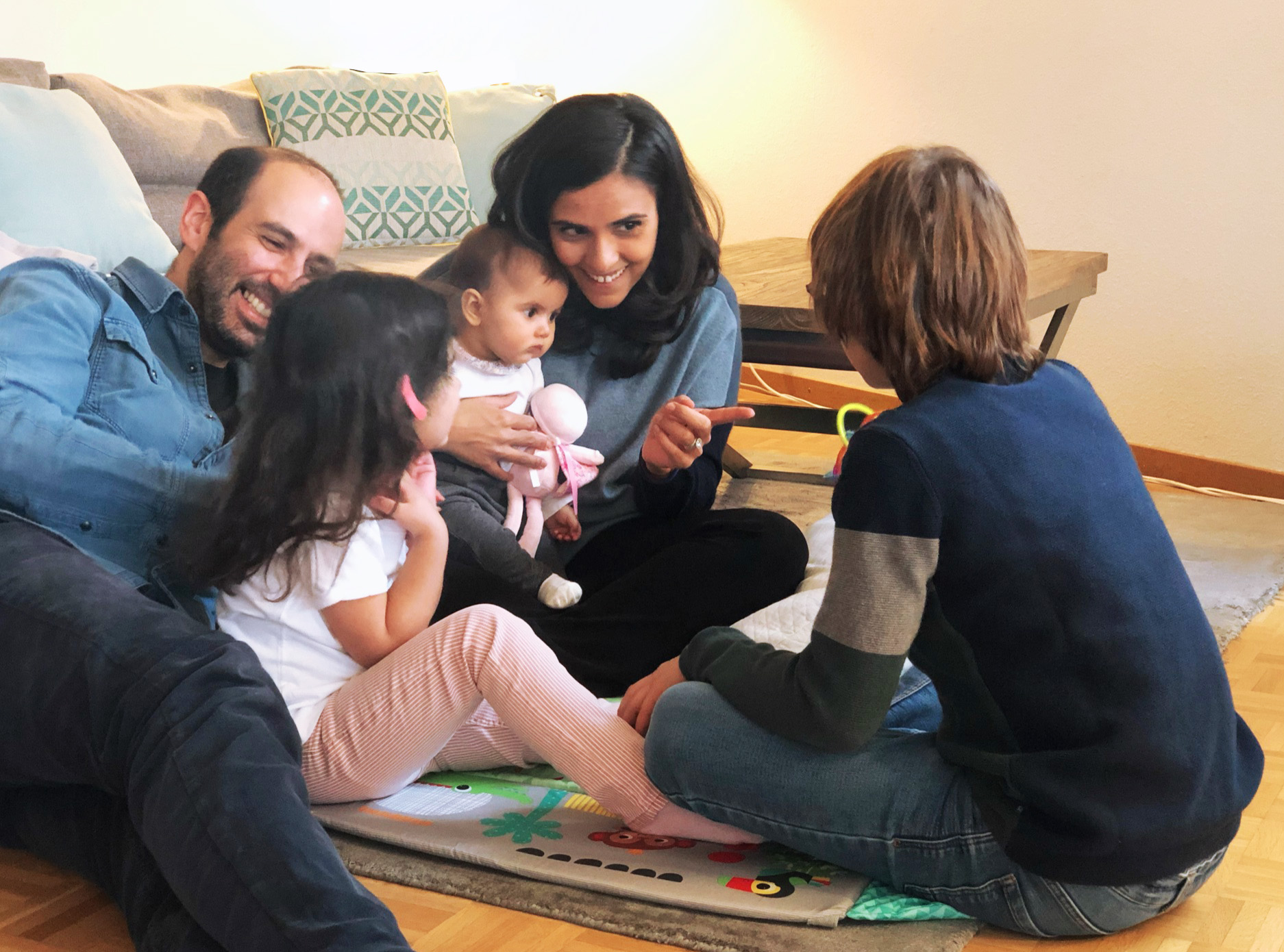
Peux-tu te présenter en quelques mots ?
J’ai 33 ans, je suis moitié suisse moitié israélienne. J’ai grandi à Genève. Je suis avocate de formation et avec mon incroyable mari David, nous avons lancé, en 2018, une startup d’art pour enfant.
Tu as un beau-fils Liam (9 ans), deux petites filles Noa (3 ans), Eden (6 mois) et Ella, votre petit bébé qui s’est envolé. Raconte-nous tes birthstories ?
Noa
Quand je suis tombée enceinte de Noa, j’avais tout un programme en tête sur la manière dont j’allais accoucher, le lieu, le type de naissance. Tout était clair. Je ne savais pas que c’était une fille, mais elle avait déjà la tête en bas à 6 mois, position parfaite, c’était un petit poids et j’étais en superbe forme. Je me voyais accoucher en mode yoga, sans péridurale et en 3 heures. Malheureusement, à 38 semaines de grossesses, je découvre que j’ai un problème de fissure à la rétine si grave que je ne peux pas pousser trop fort au risque de décoller ma rétine et de potentiellement perde la vue. Je me retrouve une semaine plus tard à accoucher par césarienne.
Un accouchement que j’ai très mal vécu du fait que je ne l’avais pas envisagé et que je n’ai pas pu garder ma petite Noa près de moi car la salle d’opération était trop froide pour elle. J’ai dû attendre près de 4 heures en salle de réveil car j’ai fait une anémie, mais au final quand j’ai pu enfin pu la prendre dans mes bras, j’étais la plus heureuse des mamans et je ne voulais pas que cet accouchement très médicalisé ne sape mon bonheur d’être mère.
Ella
Un an tout pile après la naissance de Noa je tombe enceinte, cette fois-ci je me prépare à un accouchement par césarienne, je lis, je me renseigne pour accueillir au mieux notre bébé et être la plus active possible dans cet environnement si médicalisé. La grossesse se passe très bien, je travaille, je voyage, je cours derrière les enfants et je profite de chaque instant avec eux. A l’écho morpho des 5 mois, alors qu’on voulait garder la surprise, on nous annonce par erreur le sexe de notre enfant : c’est une fille. Incroyable, moi qui n’ai pas de sœur, j’en rêvais pour Noa. C’est fou comme l’on se projette quand on connaît le sexe, je me dis…
Le 31 juillet 2019, je termine mon dernier jour de travail car j’ai décidé de prendre 1 an pour être avec mes enfants tout en développant notre startup. Le 2 août, je me rends compte que je n’ai pas senti mon bébé bouger de la journée, mais je me dis que c’est normal, il n’a probablement plus de place et avec deux enfants en vacances ses mouvements doivent passer inaperçus. Je suis à 34 semaines de grossesse.
Le lendemain matin, je me réveille avec un sentiment bizarre, comme un silence, un vide à l’intérieur de moi. Je me dis que bébé devrait réagir, je le bouge un peu dans mon ventre, je vais dans la cuisine et mange du sucré dans l’espoir que quelque chose se passe, mais rien. J’appelle ma maman qui vient garder les enfants pour que je puisse partir à l’hôpital avec mon mari. Dans ma tête, je me dis qu’au pire la petite sera un peu prématurée et je m’en veux déjà d’avoir peut-être un peu trop porté Noa ces dernières semaines.
On arrive à l’hôpital et tout se passe très vite. On me met une espèce de ceinture pour entendre le cœur de bébé, on me pose plein de questions mais je comprends rien. On me dit parfois cette machine ne marche pas, on en essaie une autre et après quelques secondes plus rien. La doctoresse me regarde et me dis « je suis désolée, il n’y a plus de cœur ».
La douleur était tellement forte que j’ai cru que c’était mon cœur qui lâchait. Je me suis agrippée à mon mari et j’ai pleuré, je ne pense pas avoir crié, je crois que je n’avais même pas la force de respirer. Mon mari s’est effondré. Il avait compris avant moi que quelque chose de grave se passait car il ne voyait pas les flux sanguins sur l’image.
Je vais accoucher par voie basse, mon rêve, mais pour un bébé qui n’est plus là.
On me dit que je dois réfléchir à la manière dont je vais accoucher. Mon gynécologue est injoignable et on me recommande vivement d’accoucher par voie basse. Bébé fait à peine 2 kg. Il n’y a pas de risque pour ma rétine, car on peut prendre tout le temps, vu qu’on ne doit plus penser à préserver bébé. Je m’effondre tellement c’est douloureux à entendre. Je vais accoucher par voie basse, mon rêve, mais pour un bébé qui n’est plus là.
Les 28 prochaines heures je ne m’en souviens pas, je vois juste mon mari par terre à coté de mon lit, il ne m’a pas quittée, ne m’a pas laissée une seconde. Je ne pouvais pas parler, il a dû parler au personnel hospitalier, appeler nos familles et gérer tout l’administratif terrible autour de ce qui nous arrivait. J’avais l’impression d’être morte.
Le 4 août j’ai fini par accoucher par voie basse d’une petite Ella. Je ne me souviens pas de la journée, ni de l’accouchement, je me souviens juste de l’obscurité de la salle d’accouchement et du silence. Ce silence qui m’a poignardé le cœur. Mon mari et moi qui n’avons pas eu besoin de parler, c’est comme si on avait fusionné pour ne pas se laisser mourir à ce moment-là.
Ce 4 août 2019 notre petit bébé est né et mort à la fois. Je la prends dans mes bras et je ne peux pas m’arrêter de pleurer. Je lui fais un bisou sur le visage et je la donne à la sage-femme qui s’en va. Je m’effondre dans les bras de mon mari. Mon bébé, notre bébé est parti. Le gynécologue m’explique qu’il faudra attendre les résultats sanguins et l’autopsie du placenta pour comprendre, peut-être, ce qui s’est passé.
En attendant, je dois encaisser une autre mauvaise nouvelle… Ella était A+ comme son papa, et moi je suis A-. J’apprends qu’Ella a eu une hémorragie et que son sang s’est déversé dans le mien… et que notre incompatibilité sanguine fait que mon système risque de rejeter tous les futurs bébés Rhésus +. Mon mari ne peut que donner des Rhésus +.
Trois mois de tests et de prise de sang vont suivre pendant lesquels je ne saurai pas si je peux envisager de retomber enceinte.
Ce 4 août 2019 notre petit bébé est né et mort à la fois.
Le 4 novembre 2019, c’est le jour de ma dernière consultation aux HUG avec la cheffe de clinique, j’ai eu une des plus grosses doses de Rhophylac (pour lutter contre le développement des anticorps dans mon sang) administrée à la maternité de Genève sur ces dernières années. J’attends ce rendez-vous avec anxiété et impatience à la fois.
La cheffe de clinique m’annonce que le taux d’anticorps est très faible et que je peux envisager une grossesse, mais qu’elle sera de toute évidence à risque, car le risque d’anémie du bébé est là. Elle m’annonce que la cause du décès de notre bébé est l’inversement de flux entre bébé et moi. Une fissure dans le placenta. Un cas sur je ne sais combien de milliers. Plutôt pour les accidentés de la route. Mon mari et moi n’y sommes pour rien. C’est comme ça. Ça arrive.
EDEN
Le 20 décembre, je découvre un peu par hasard que je suis déjà enceinte de 7 semaines. Ma DPE, le 4 août 2020, tout pile un an après Ella. Je suis bouleversée. Ma grossesse se passe, je ne prends pas de photos de moi, je n’y arrive pas. Je parle à mon bébé, je lui dis que je l’aime et que je suis désolée si je suis parfois triste car je suis si heureuse de l’avoir, mais j’ai à la fois si peur d’y croire. Le Corona s’invite dans nos vies, mais nous sommes heureux, heureux de profiter de nos enfants, de passer du temps avec eux. On passe un magnifique printemps entre nous. Mais à partir de mi-juin je commence à faire des cauchemars de plus en plus fréquents, je me lève en sueur, j’ai peur de perdre mon bébé, j’ai besoin de le sentir bouger tout le temps. La semaine 34 approche et je ne fais que pleurer. Je veux déjà être à l’accouchement, tenir mon bébé en bonne santé dans les bras. Le mois de juillet a été à la fois riche en moments de bonheur que nos enfants nous ont offerts, et en même temps plein d’appréhension.
A 38 semaines mon gynécologue m’annonce, ce sera une césarienne. Je m’en fiche complètement. Tout pour que bébé aille bien. Dernière question, quand ?
Le plus tard possible, je suis d’accord, je me bats avec moi-même bébé ne doit pas vivre mon trauma. Seule demande, avant le 4 août. Le 4 août j’ai mon bébé en bonne santé à mes côtés.
Je l’ai vu, je l’ai tenue contre moi et je me suis dis « peu importe le chemin, tant qu’on est là en bonne santé ».
Eden, notre petite princesse, rayon de soleil, naîtra par césarienne le 28 juillet 2020. J’ai pleuré de bonheur, de soulagement et de tristesse à la fois. Je l’ai vu, je l’ai tenue contre moi et je me suis dis peu importe le chemin, tant qu’on est là en bonne santé, c’était le plus bel accouchement qui soit.
Comment ont réagi les aînés quand ils vous ont vu de retour sans Ella ?
Liam, mon beau-fils, a été bouleversé. Nous sommes très proches. Je l’ai connu à trois ans et je pense que lui qui comprenait ce qui se passait (à 8 ans) a été profondément affecté. Il était inquiet pour moi, pour notre bébé. Il en parle encore aujourd’hui. C’est d’ailleurs lui qui l’a toujours nommée par son prénom. Ella. Alors que David et moi avions beaucoup de peine à le prononcer sans fondre en larmes. Noa elle n’avait que 18 mois. On lui a expliqué avec des mots simples que bébé était parti et que nous étions tristes. Je pense qu’elle a ressenti notre tristesse sans pour autant la vivre comme Liam.
Dans quel état d’esprit étiez-vous à ce moment-là ?
Etat de choc, on se posait milles questions. J’ai dû boire 3 coca zéro dans ma grossesse, j’ai pris l’avion, j’ai mis de l’anti-moustique, je ne fume pas, je ne bois pas. Qu’est-ce qu’on a fait pour mériter ça ? On se refait le film de toute la grossesse et on pleure sans arrêt.
Quel souvenir gardes-tu aujourd’hui de l’accouchement d’Ella ?
Bouleversant sur tant de points car je rêvais d’accoucher par voie basse au point d’avoir été déçue par mon premier accouchement par césarienne. Je l’avais vécu comme un échec, de ne pas avoir réussi à mettre au monde naturellement mon bébé. 1 ans ½ plus tard, j’accouche physiologiquement mais pour un bébé décédé. Donc quelque part Ella m’a offert ce que je ne pouvais pas faire pour mes autres enfants. Ça je peux le dire aujourd’hui, avec du recul.
On imagine la difficulté pour une maman de passer par là. Et le papa ?
Pour David mon mari cela a été tout aussi violent que pour moi. Il n’a pas porté Ella, mais il l’a attendue. Il l’a projetée et imaginée. Je pense qu’au-delà de la douleur de perdre notre bébé, il a souffert de me voir souffrir et de ne pas pouvoir prendre ma douleur. De ne pas pouvoir me protéger et empêcher cette souffrance. Il a de son côté géré tout le côté administratif qui était d’une violence inimaginable. Les pompes-funèbres, l’enterrement, la déclaration de décès et l’annonce à notre entourage pour me préserver de toute explication qui m’épuisait terriblement. Il a été fort et courageux et je sais que sans lui je n’aurais pas pu surmonter cette épreuve.
Ton post-partum, car oui malgré le fait que tu rentres à la maison sans bébé il y a toujours un post-partum, comment l’as-tu vécu ?
Pour moi le post-partum était une période très complexe. Pendant trois semaines j’ai fait le strict minimum. Sortir pour les enfants, mais aucune interaction sociale. Juste ma famille proche, mon mari, nos enfants. Je ne voulais voir personne. Je pense que le plus dur a été le jour de la rentrée. Mon mari et ma famille avaient fait leur possible pour informer les gens de notre entourage, la pharmacie de quartier, les voisins, la station de service à côté de chez nous, les gens que nous côtoyons de près ou de loin pour éviter qu’on ne me pose des questions. Mais la rentrée des enfants je ne pouvais l’éviter. Etant à terme en septembre, les gens étaient tous persuadés que j’avais accouché et que « j’avais laissé bébé à la maison ». ça a été une épreuve terrible et je l’ai surmontée pour Liam et Noa.
Ensuite, c’était le déni. Pendant près de six semaines, je n’ai fait que travailler pour notre startup, voyager, courir dans tous les sens et c’est après de sévères saignements que j’ai été rappelée à la réalité. Tu as accouché il y a deux mois. Ton corps n’est pas encore remis.
J’ai donc décidé que je devais m’y confronter et aller voir un thérapeute. Mon mari et moi avons fait deux séances et j’étais enceinte. J’ai tout stoppé net. Je ne voulais pas continuer à exorciser cela alors que j’attendais un bébé.
As-tu été suivie par un psychologue ou un spécialiste en deuil périnatal ?
Le fait d’avoir vécu « cela » un 4 août a fait que beaucoup de médecins étaient absents, en vacances. On a eu la visite d’une jeune psychiatre avec laquelle je n’ai pas du tout croché. Lui parler m’énervait. La seule personne avec laquelle je voulais communiquer était mon mari et mon amie Zoé qui avait malheureusement vécu la même chose à 37 semaines de grossesse. Seule elle me comprenait. J’ai beaucoup d’amies proches qui ont été extraordinaires. Leurs messages, leurs courriers et leurs témoignages m’ont énormément aidé même si je n’arrivais pas à leur répondre autrement que par un emoji « cœur ».
Les HUG ont-ils été d’un bon soutien ?
Le service périnatal des HUG a été extraordinaire. Je n’ai pas de mots pour décrire la délicatesse, la pudeur, la bienveillance et le professionnalisme avec lequel les médecins, les infirmiers et le service hospitalier a agi. Nous leur en sommes extrêmement reconnaissants.
Que dirais-tu à une maman qui est en train de passer par là ? Et pour l’entourage qui l’accompagne ?
Je dirais à la maman et au papa qui sont en train de le vivre que pour nous, voir notre bébé a été essentiel pour accepter. Car au début nous ne voulions pas la voir, puis finalement nous l’avons fait dans l’obscurité de la chambre et nous ne le regrettons pas. Ça nous a permis d’accepter qu’elle a existé, même si elle est partie trop tôt.
Pour les parents qui l’ont vécu, je leur conseille de parler. Peu importe à qui, et d’exprimer ce qu’ils ressentent, de faire ce qui les apaise peu importe ce que les autres en pensent. Et de s’aimer et se soutenir très fort. Pour nous cela a été une évidence mais pour beaucoup de couples, le deuil se fait séparément et c’est une épreuve supplémentaire à surmonter.
Je dirais à la maman qu’elle n’y est pour rien. Qu’elle ne doit pas culpabiliser et qu’elle doit se raccrocher aux belles choses de sa vie. Ses enfants si elle en a, son conjoint, ses amis, sa famille, une passion. Un jour, ils pourront penser à ce petit être avec tendresse même si la douleur sera toujours là.
Pour l’entourage, je pense que ce qui soulage le plus est d’aider la maman et le papa à ne pas avoir à expliquer, raconter encore et encore les faits aux différentes connaissances et cercles sociaux plus ou moins étendus. Il faut délicatement annoncer aux gens pour éviter qu’on pose des questions et qu’on laisse aux parents le temps de décider quand est-ce qu’ils veulent en parler et avec qui.
Talia, que peut-on te souhaiter de meilleur aujourd’hui pour demain ?
Que ma famille soit en bonne santé, que nos enfants grandissent heureux, que mon mari et moi nous aimions aussi fort toute notre vie et soyons toujours aussi passionnés dans nos métiers.
Talia, merci infiniment pour ta confiance et ton courage. Grâce à ton témoignage, nous espérons petit à petit briser le tabou autour de la perte d’un bébé et, à notre échelle, apporter notre soutien à toutes celles qui ont ou sont en train de traverser cette épreuve. Ton histoire nous montre que seul l’amour et la résilience peuvent aider à surmonter l’insurmontable.
Retrouvez sur le blog un article complémentaire à ce témoignage bouleversant, celui de Rebeca, Accompagnante en Deuil Périnatal: Comment traverser un deuil périnatal?
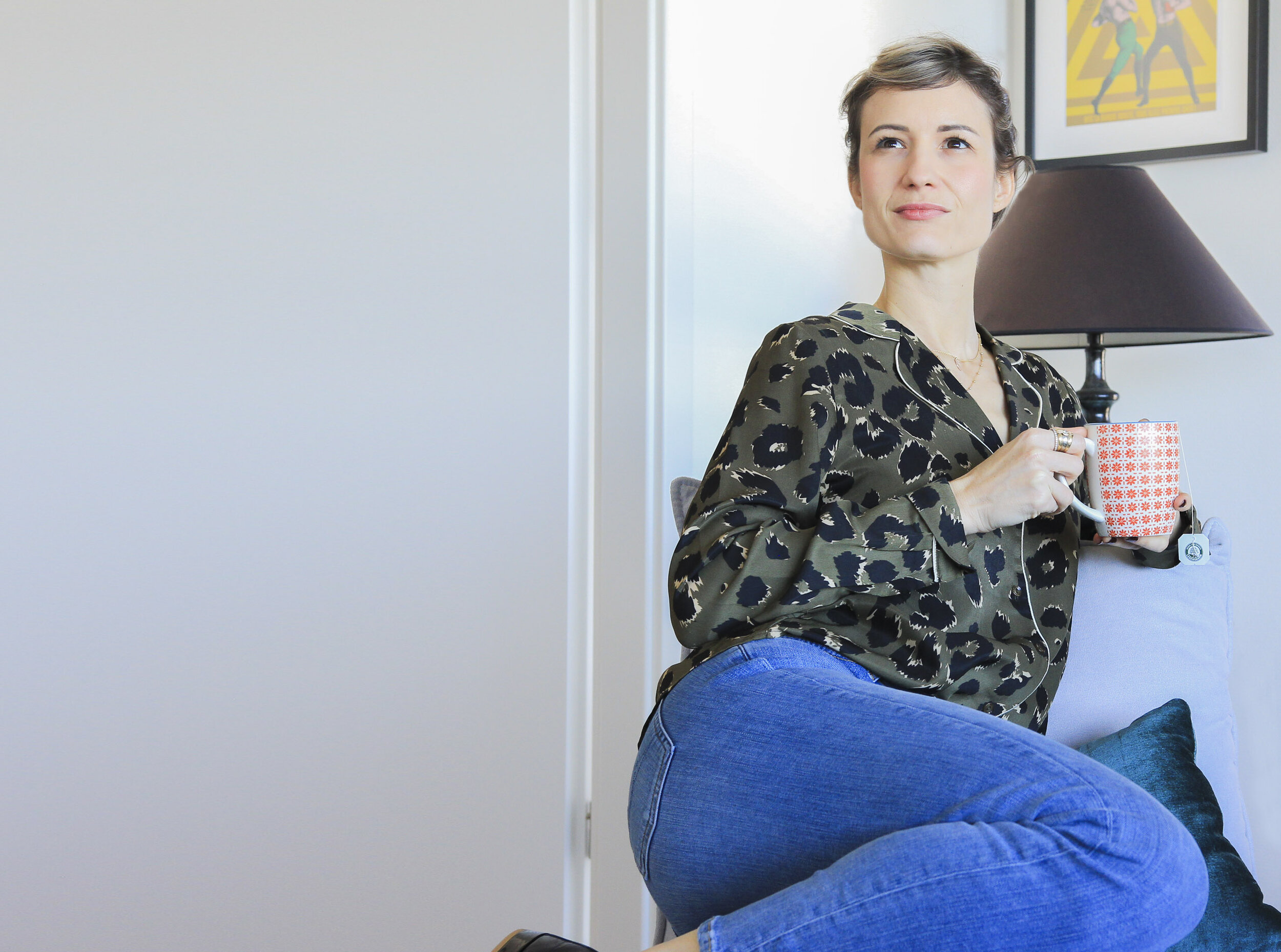
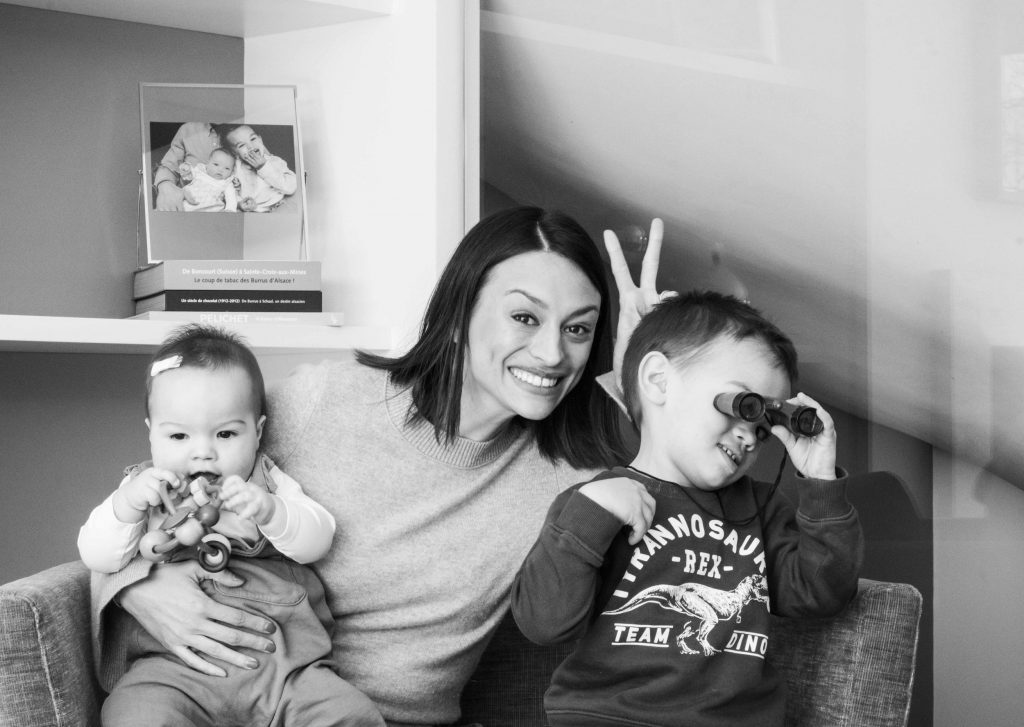
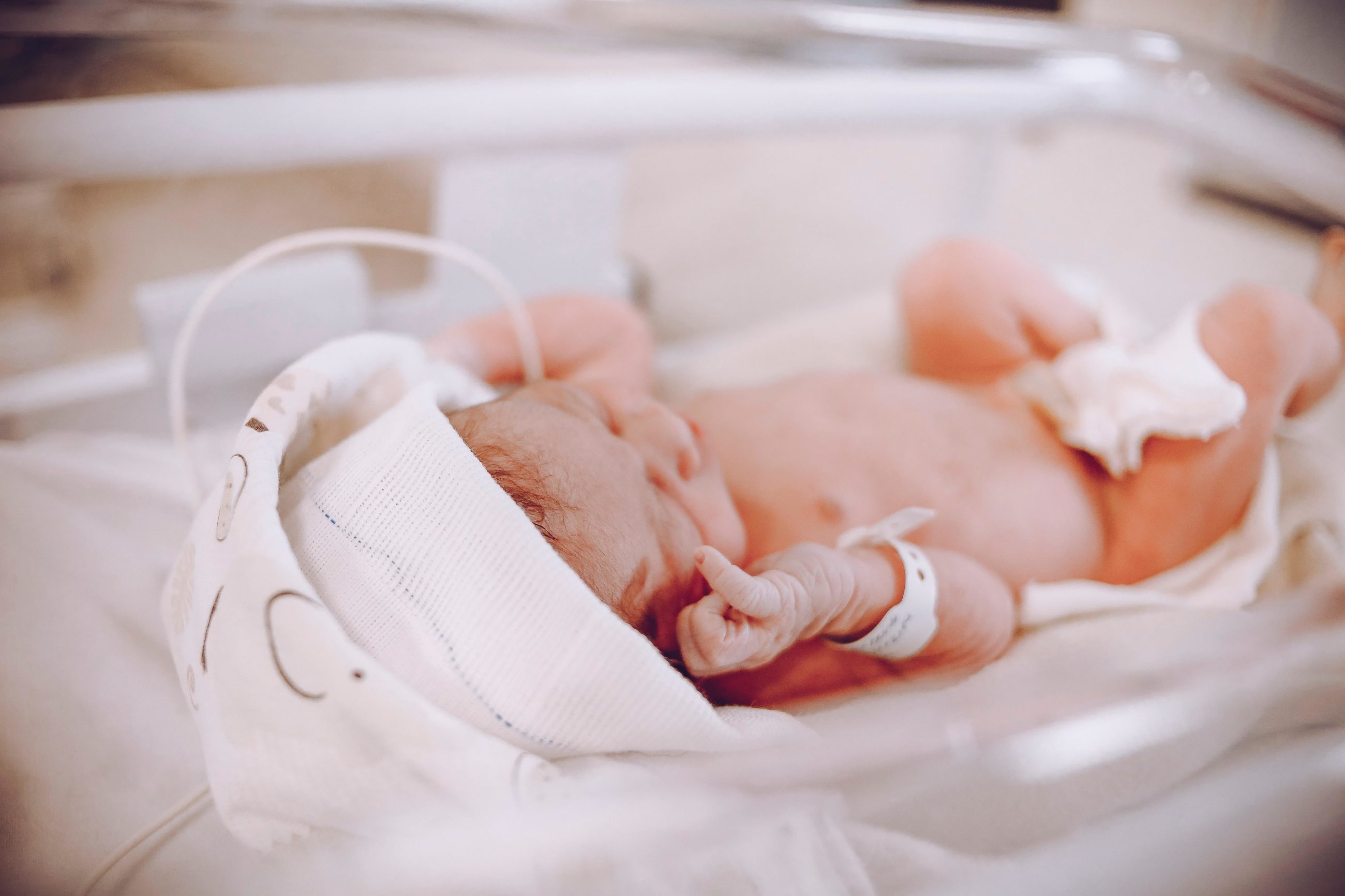
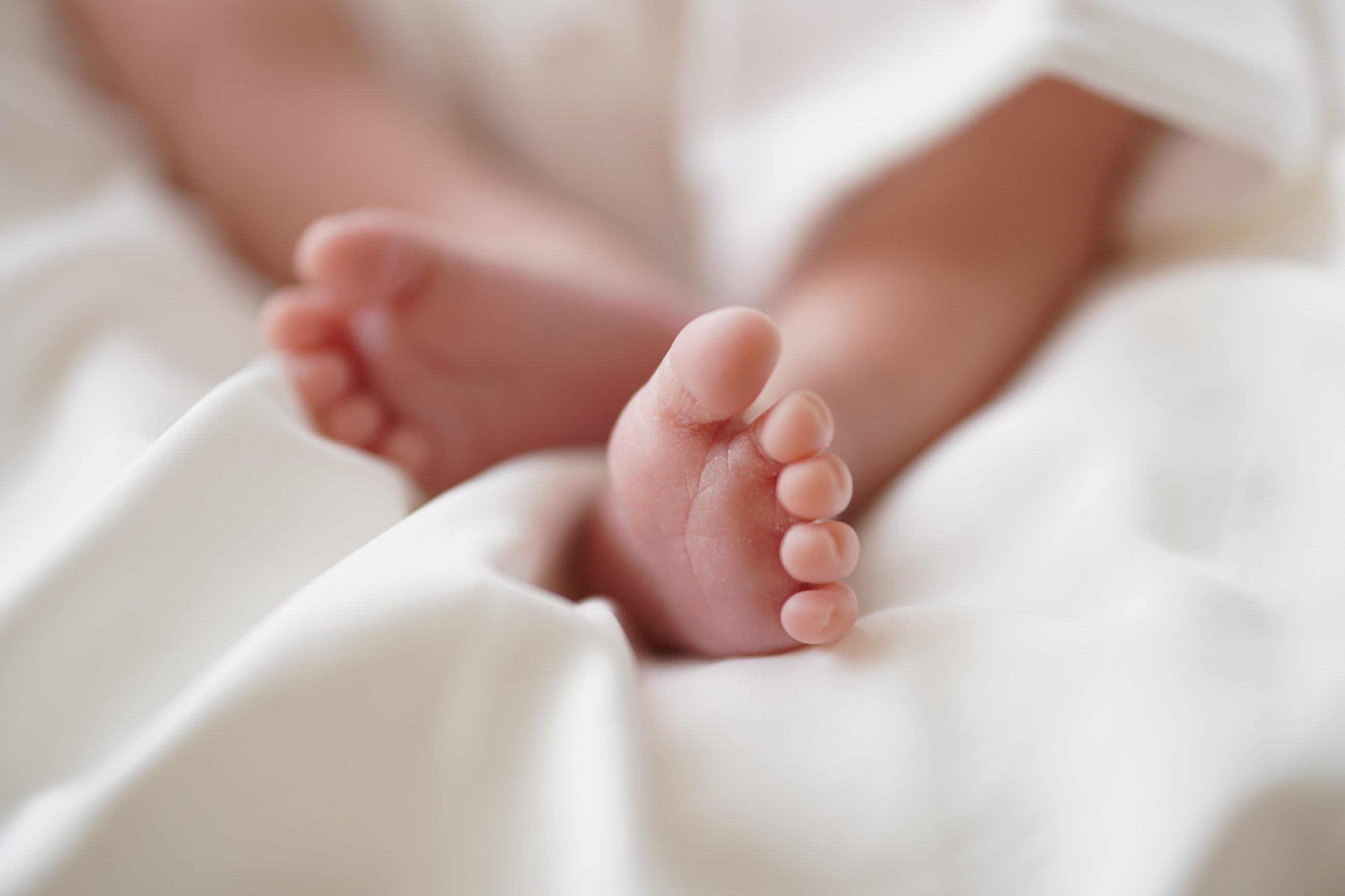
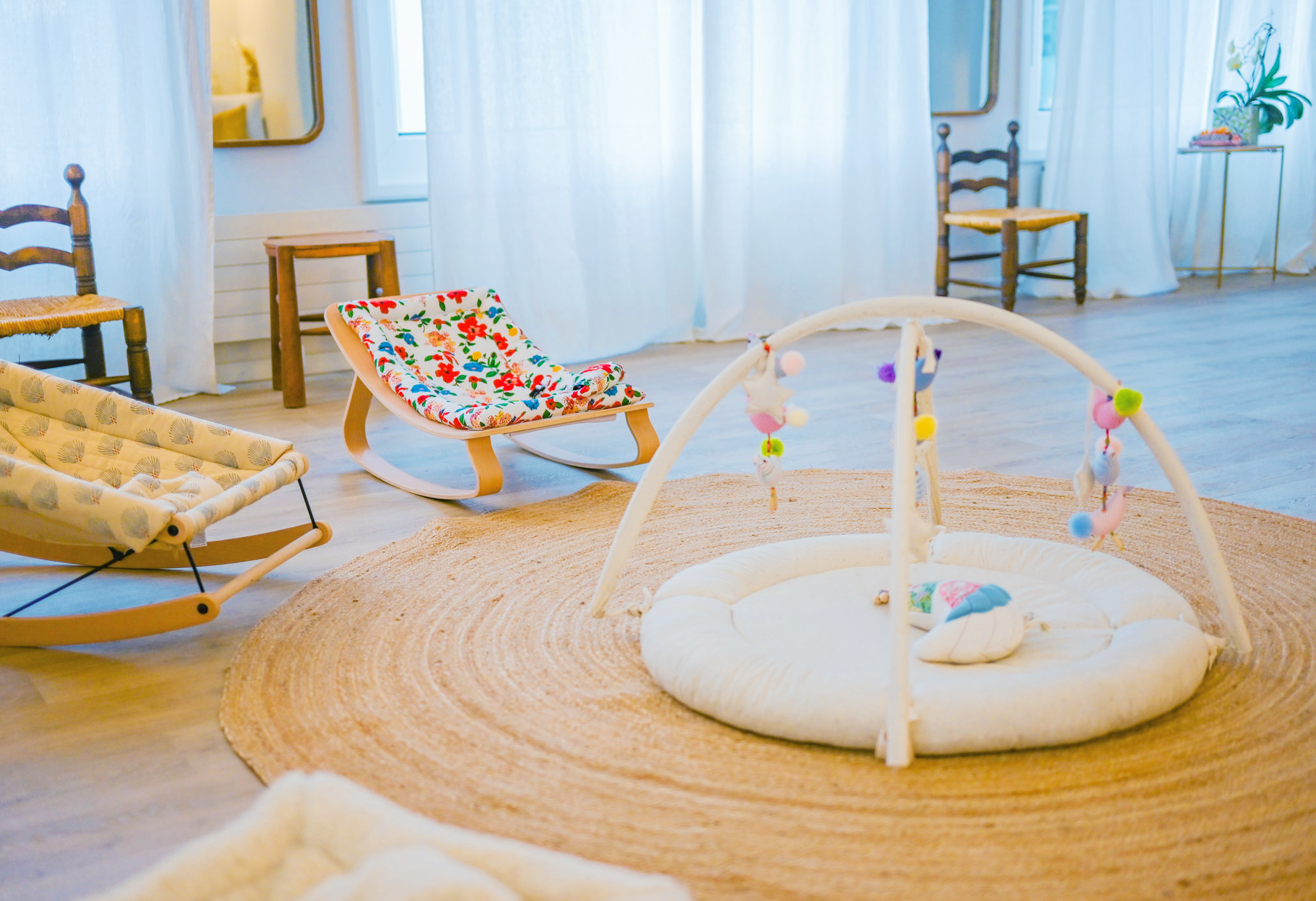
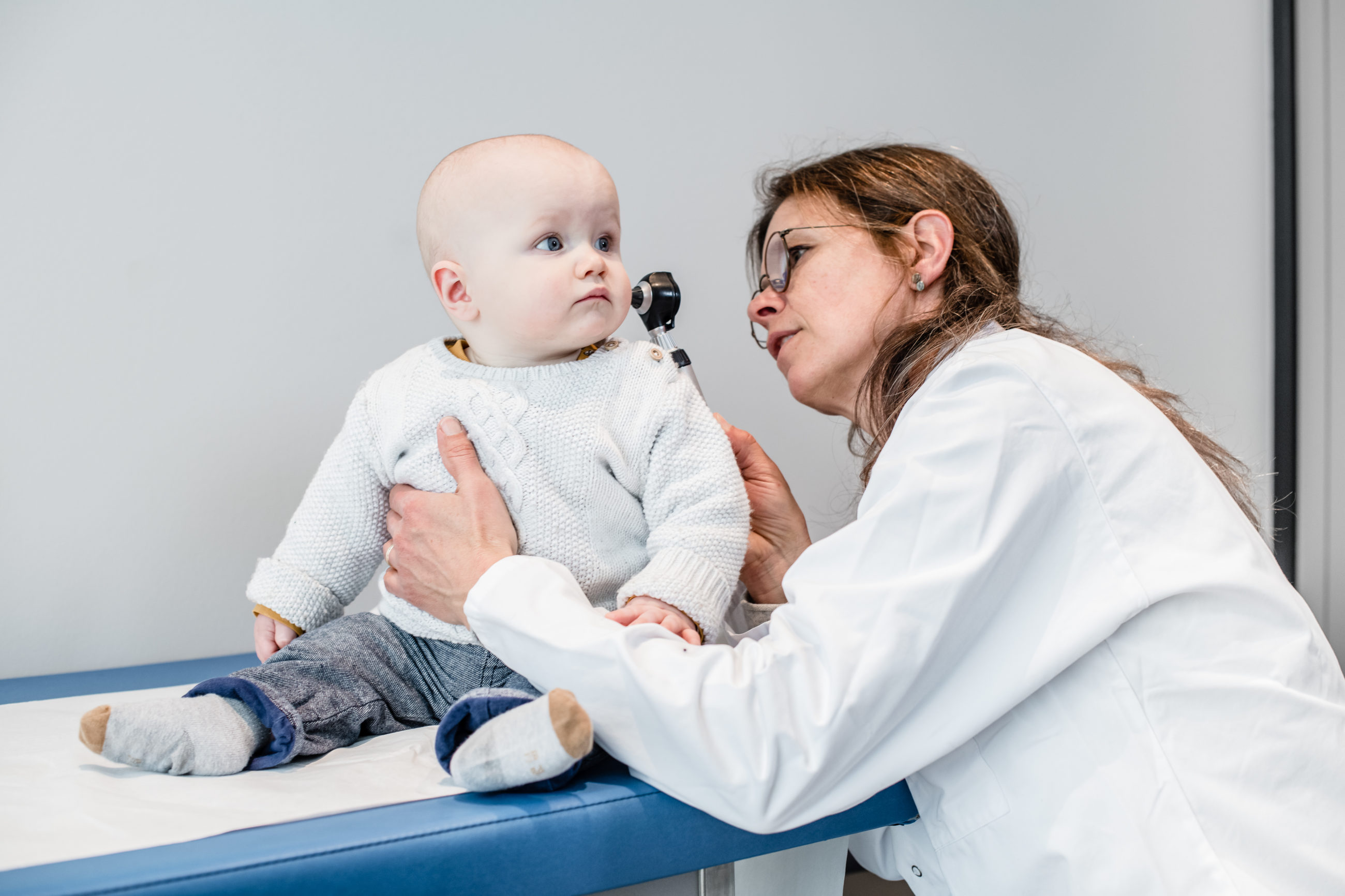
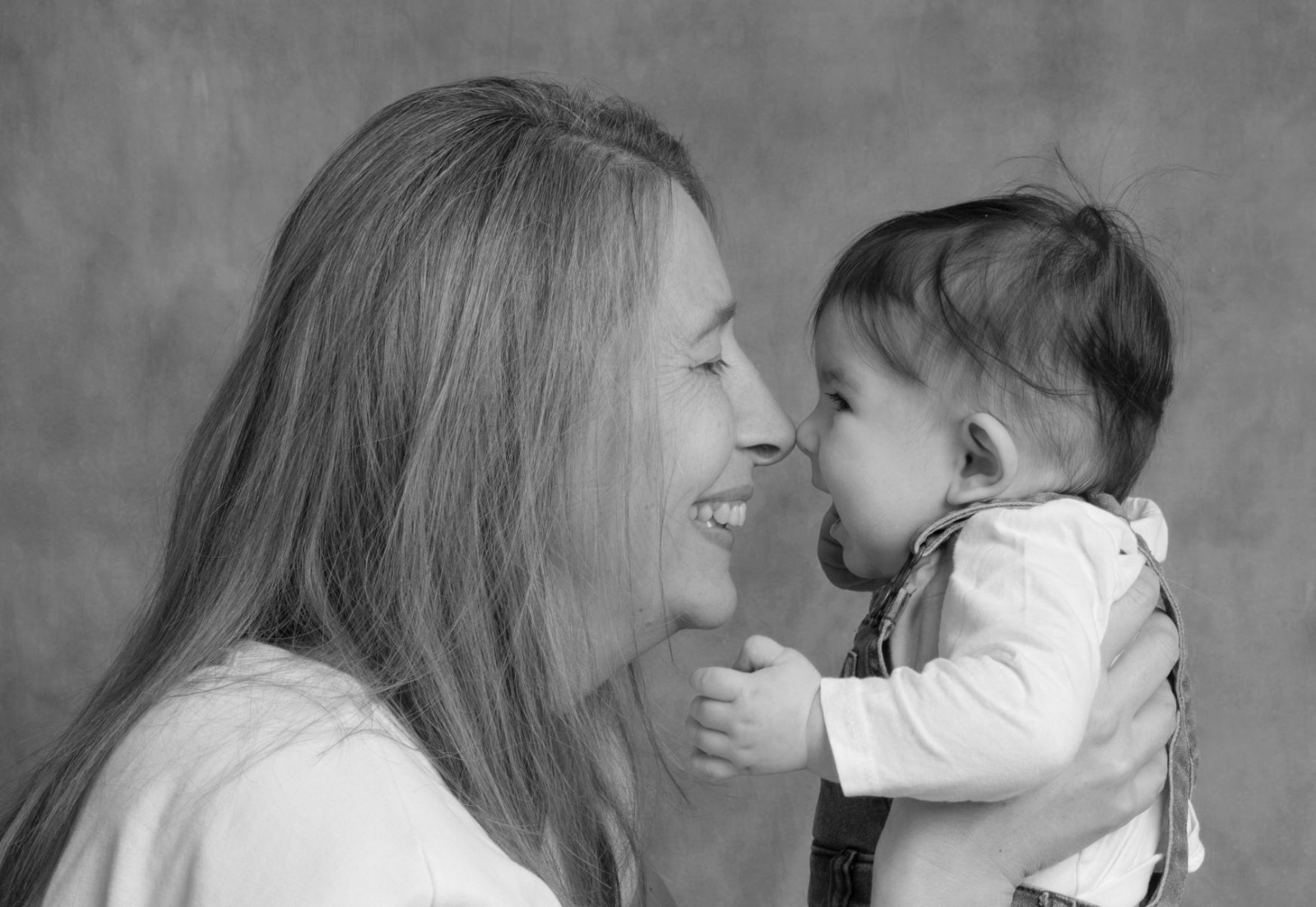
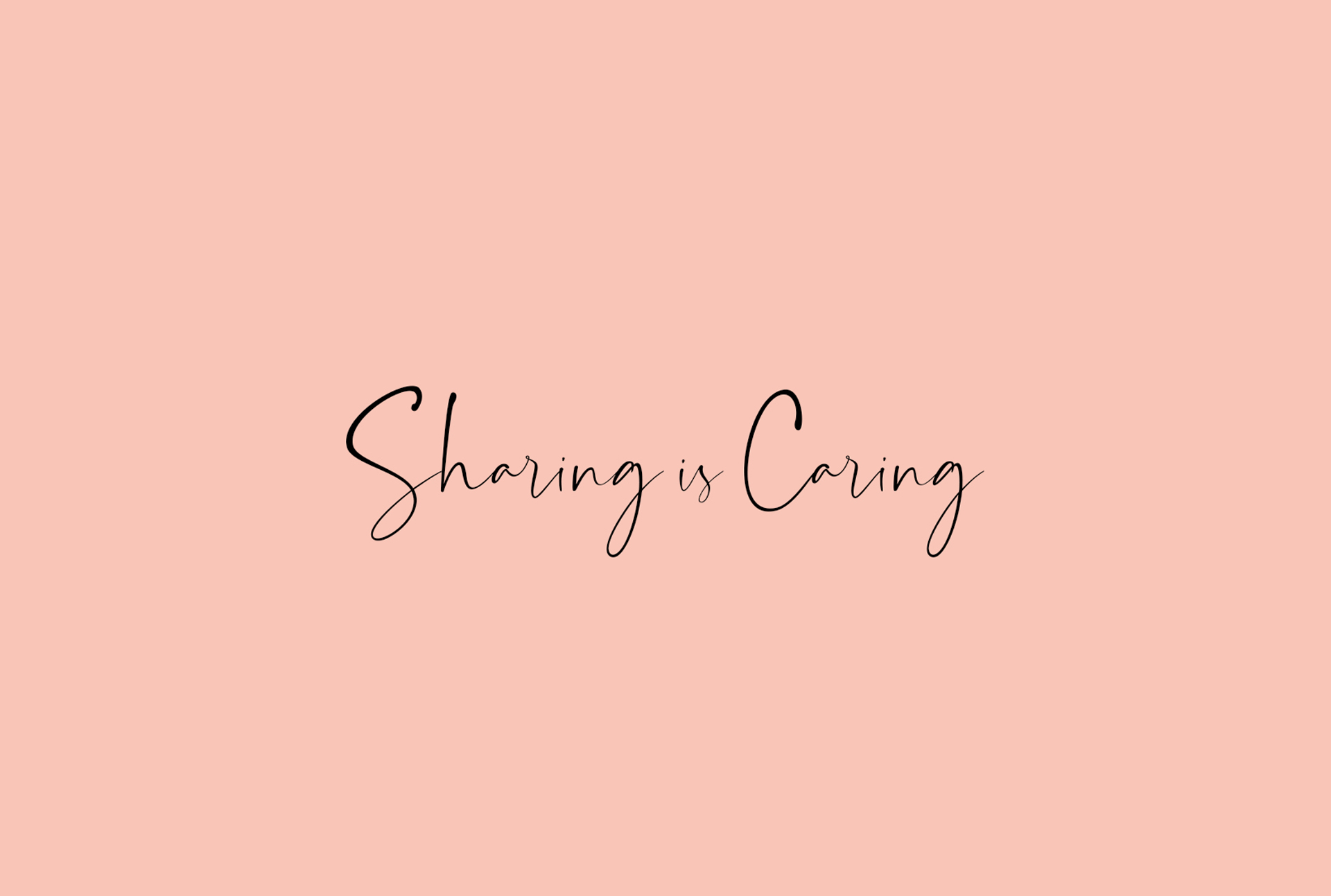
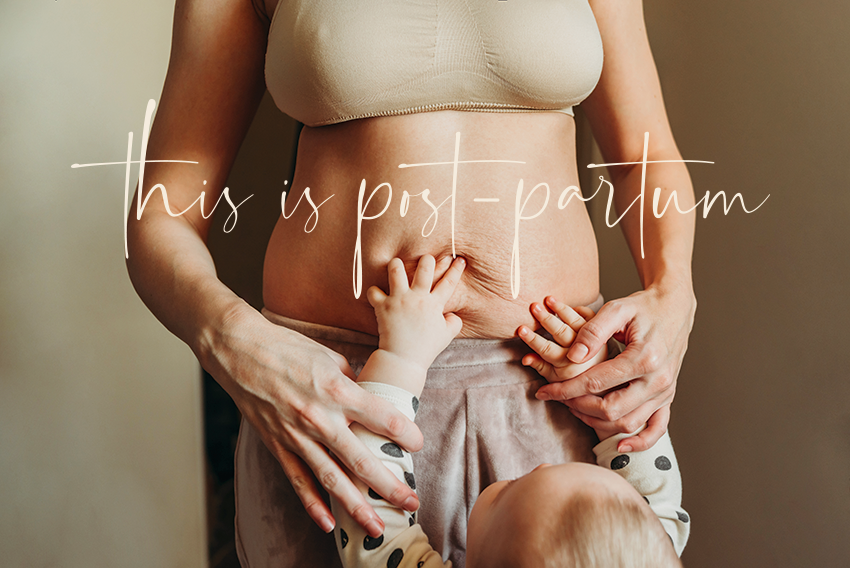

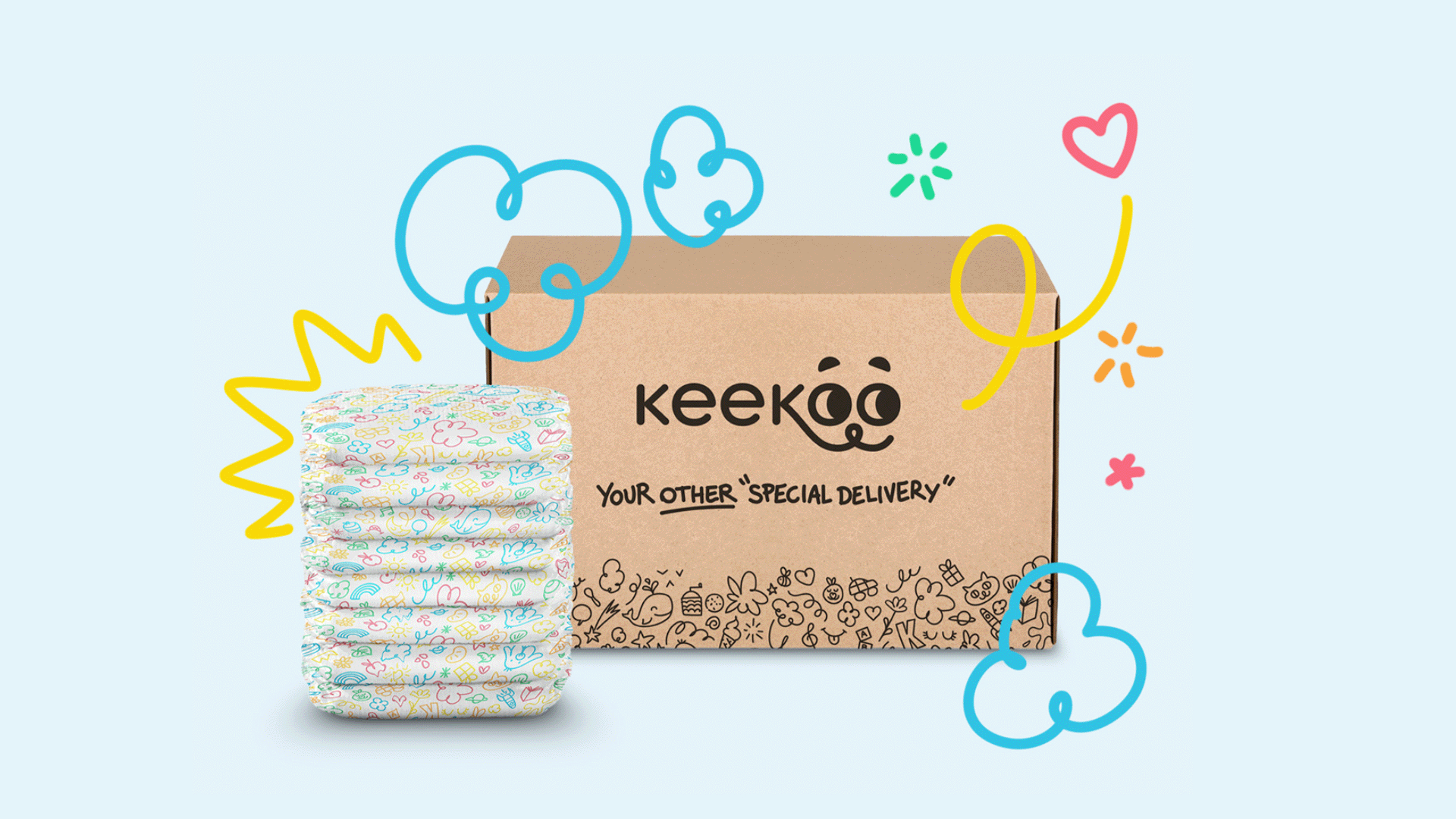
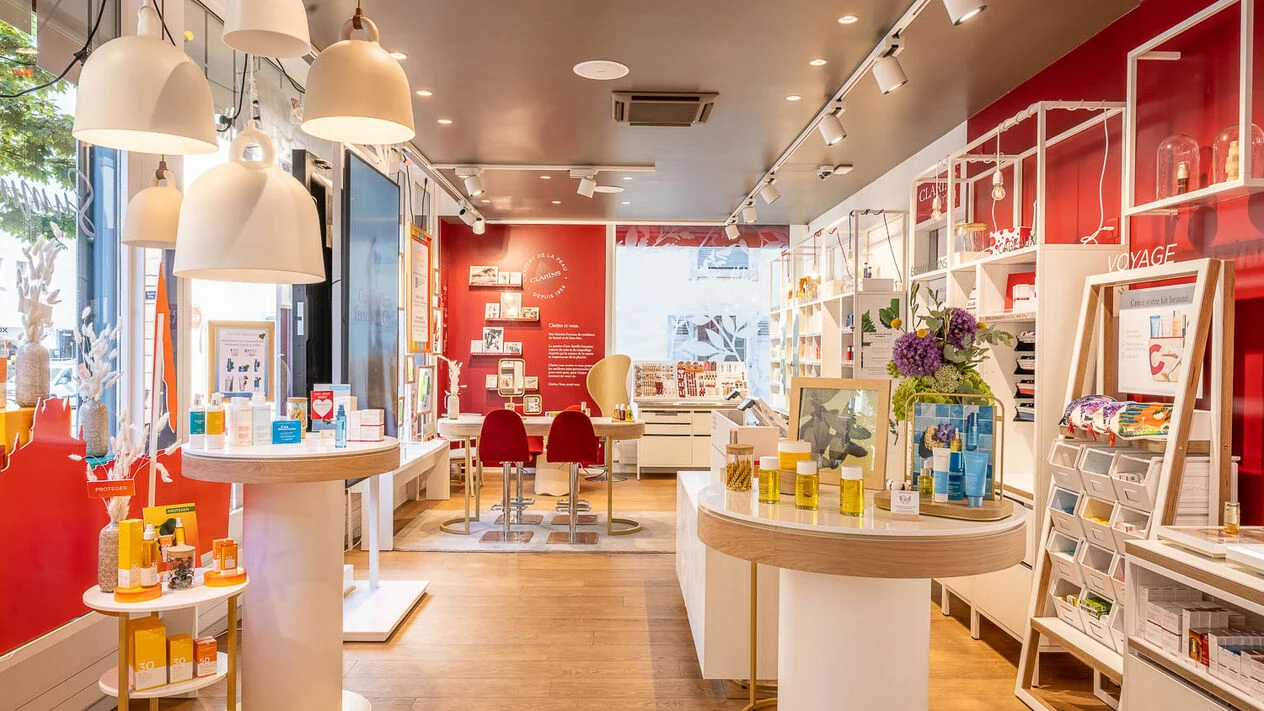
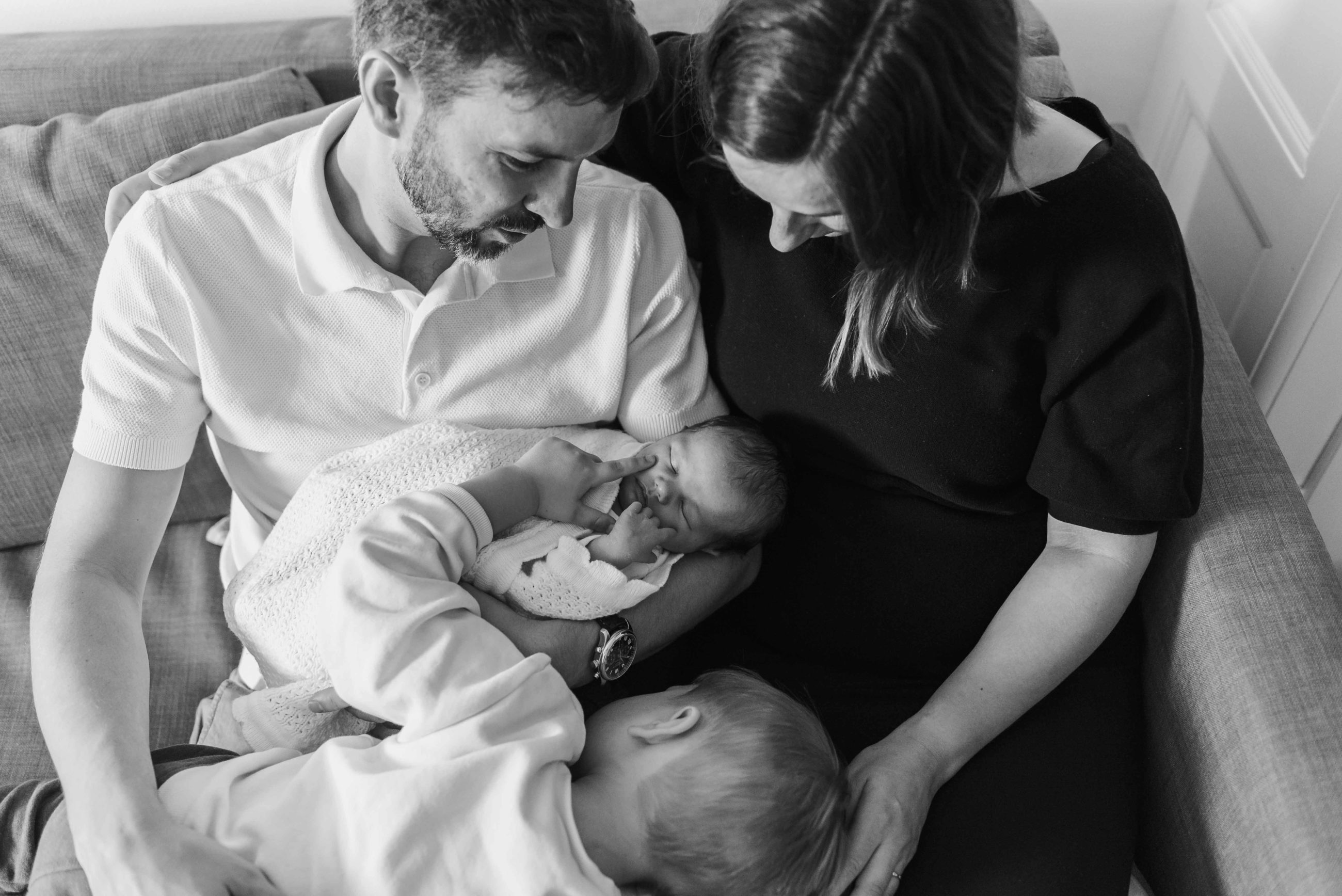
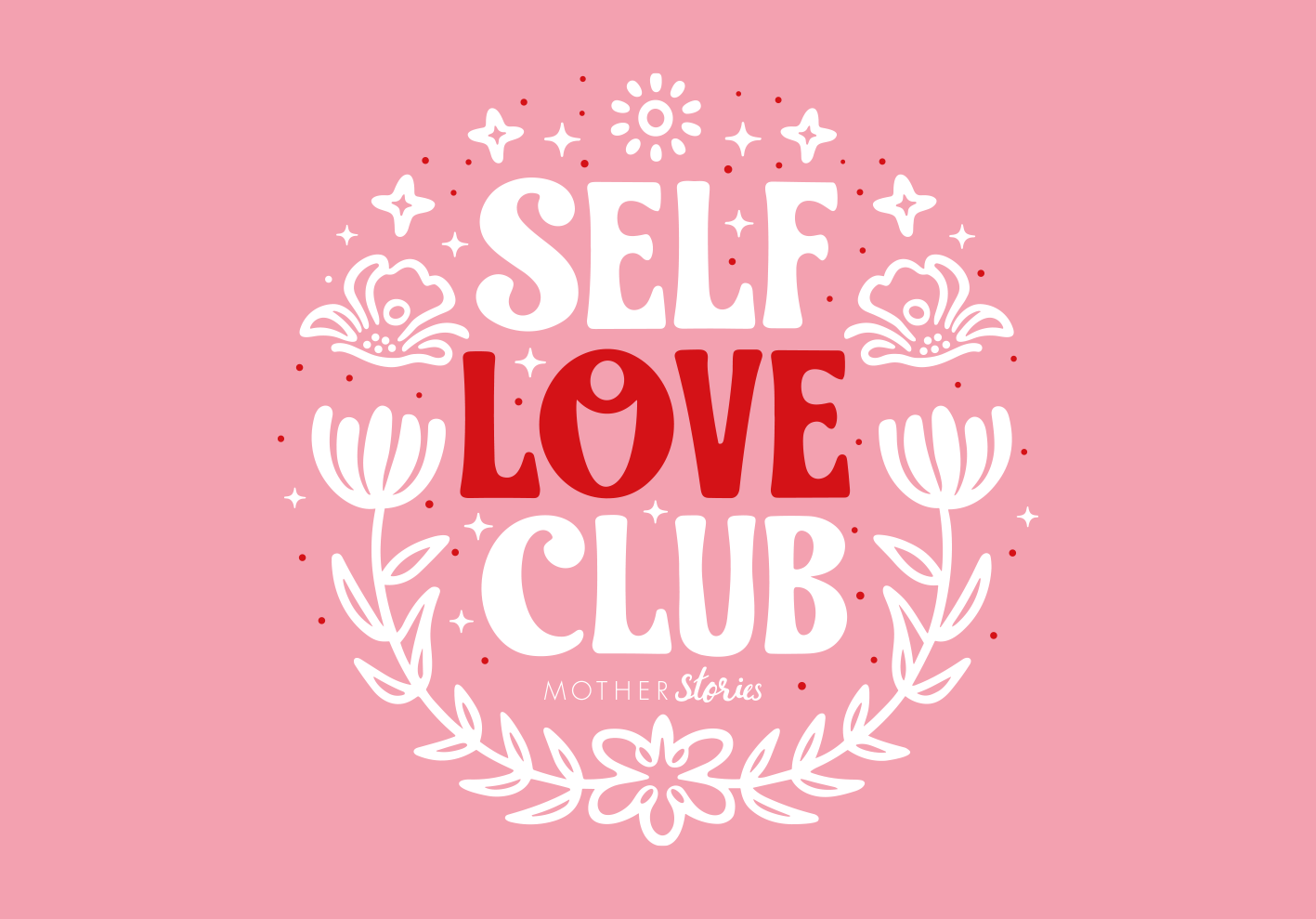
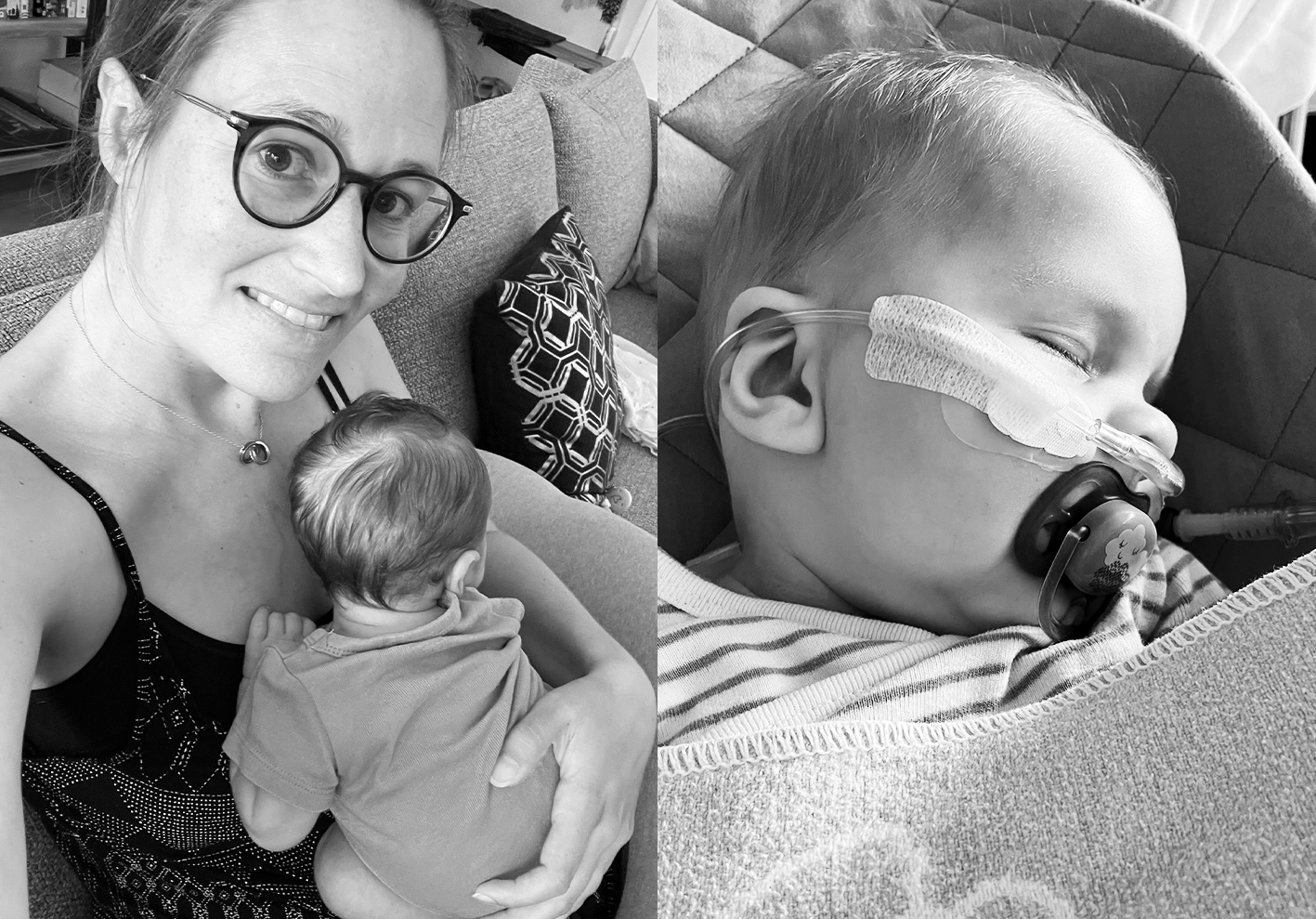


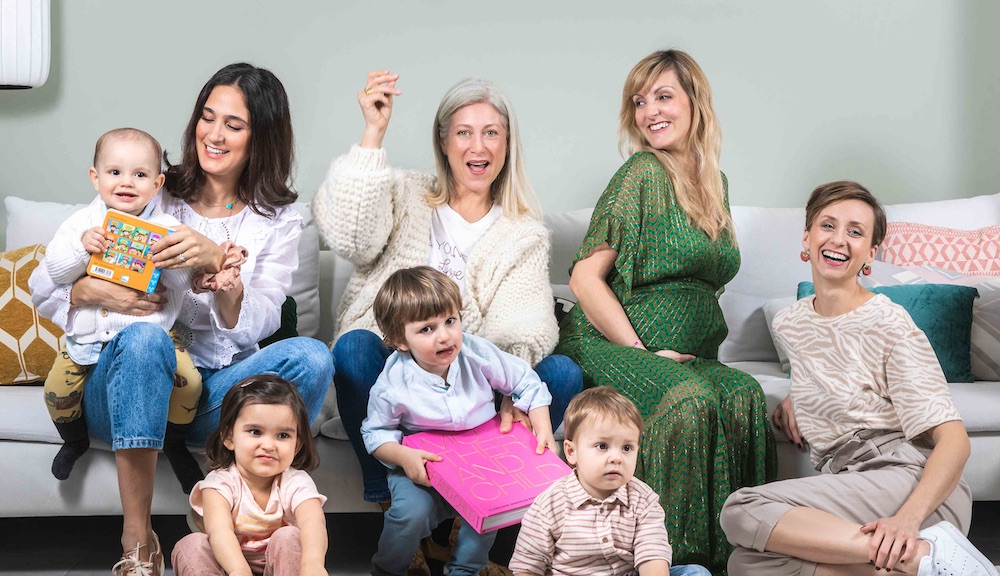


Partager cet article